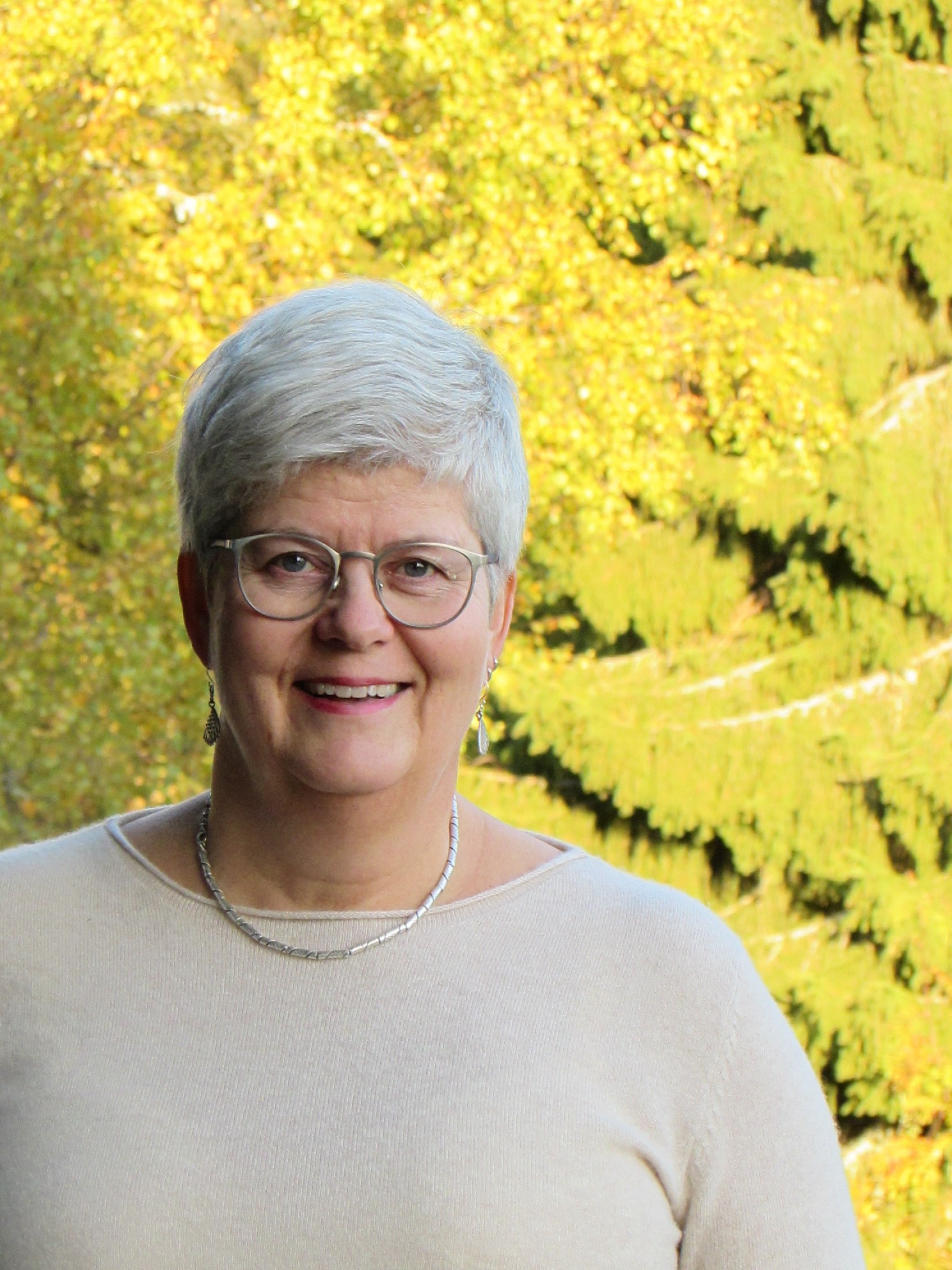XI NIS International Research-to-Practice Conference
Inspirational Speakers

International Speakers
Marit Hoveid
Professor at the Faculty of Social and Educational Sciences at the Norwegian University of Science and Technology, Norway
Marit Honerød Hoveid is an Associate Professor in Pedagogics; Didactics, School development and school leadership at the Department of Education at the Norwegian University of Science and Technology. She has worked on the Executive board and the Council of the European Educational Research Association (EERA) since 2008, and served as Secretary General for EERA from 2012 till 2016. From 1992-2009 Marit worked at the Arctic University in Alta, Finnmark, then involved in pedagogy in teacher education. Her research interests are primarily about the relationship between teaching and learning and how people can understand learning processes not merely as an individual undertaking but as something that is influenced by and embedded in social and cultural contexts. Themes that are recurrent in her research are mentoring/counselling, leadership and organisational development in education. Theoretically Marit is influenced by the French philosopher Paul Ricoeur and the philosopher and psychoanalyst Luce Irigaray. This means that language-use, gender and practical reason are areas she address in her research, which is for the most part theoretical. Marit’s last book project is a co-edited anthology: Re-Imagining Relationships In Education: Ethics, Politics And Practices (2014).
XI NIS International Research-to-Practice Conference, 24-25 October 2019: Presentation at the breakout session
Teaching and Teacher Education – a reflexive approach to teaching
In this presentation I will address my concern for teaching as something acted out in the here and now, in classrooms, where teachers and students are present. Teaching as an act is always closely connected with learning and vice-versa. The question this presentation seeks to discuss is: Why does an emphasis on the subject knowledge risk moving teaching away from relations to the other in the act of teaching? I will start with a short presentation of teacher education in Norway and the current reorganization of a 4-year program to a 5-year program with a master’s degree for all teachers working in primary and secondary education. I will focus the impact this may have on the teachers who are now more looked upon as representatives of the subject knowledge they teach, rather than an “allmenn” (general) teacher – one with responsibility for teaching in several subject areas (depending on grade level). This development in teacher education is further linked to a curriculum reform called: “Fagfornyelsen” – meaning renewal of all subjects, which is happening across the whole school system from primary to upper secondary. In the last part of the presentation I will highlight the importance of thinking teaching as an action, happening in the here and now. I will argue that to provide teachers with more subject knowledge connected with a curriculum that highlights the need for a deeper understanding of subject areas is no guarantee that the so called output (socio-economic) of education is enhanced. This kind of (instrumental) thinking is based on an economic model which usually forgets that education is always also about something more, as an undertaking in its own right. In my focus on teaching as an act, I want to highlight how teacher-actions in relation to students and subject knowledge is complex. This requires a need to always address this complexity so that teaching is not reduced to a simple input-output model. The kind of pedagogical (or didactical) knowledge a teacher needs to embody in order to act and judge reasonably in front of the other in education can be trained in teacher education – but it is often neglected when the need for “more (subject) knowledge” is asked for.
